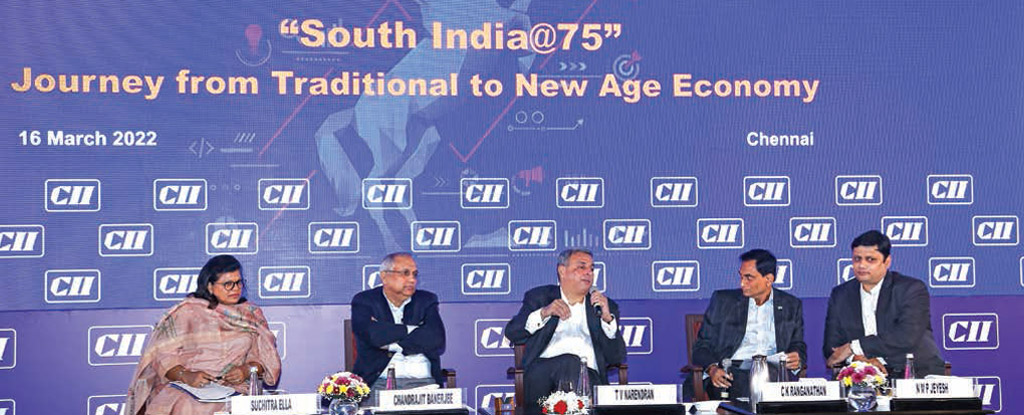In FY 2018-19, we conducted a pan-India stakeholder engagement exercise to revisit the Environmental, Social and Governance (ESG) issues that are material to value creation amid the evolving global sustainability landscape.
We periodically engage with our stakeholders either through focussed groups or individually using a wide range of tools, medium and platforms.

Importance of the relationship
Providers of financial capital essential to fund growth
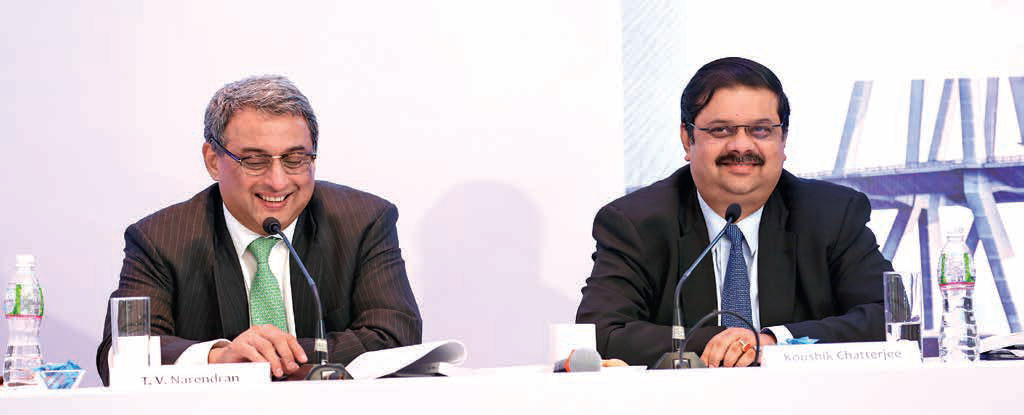

Importance of the relationship
Provide us an opportunity to build long-term mutually beneficial collaborative relationships which ensure Tata Steel attains and retains market leadership in chosen segments (current and new)

Importance of the relationship
Provide us operational leverage to optimise value chain, be cost competitive, sustainable and exceed customer expectations
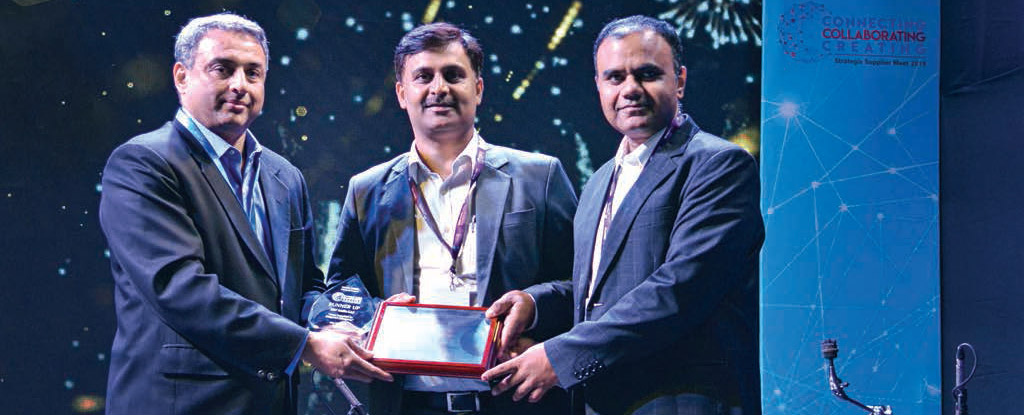

Importance of the relationship
Ensuring compliance and business continuity in line with changing policies and to partner with agencies to create positive business ecosystem
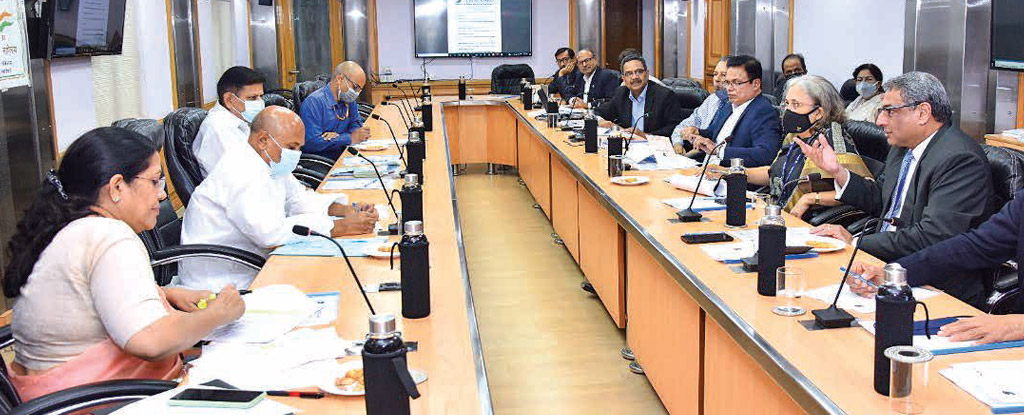

Importance of the relationship
Key to the success of our business; their efforts are instrumental in delivering our strategies and for sustained business growth
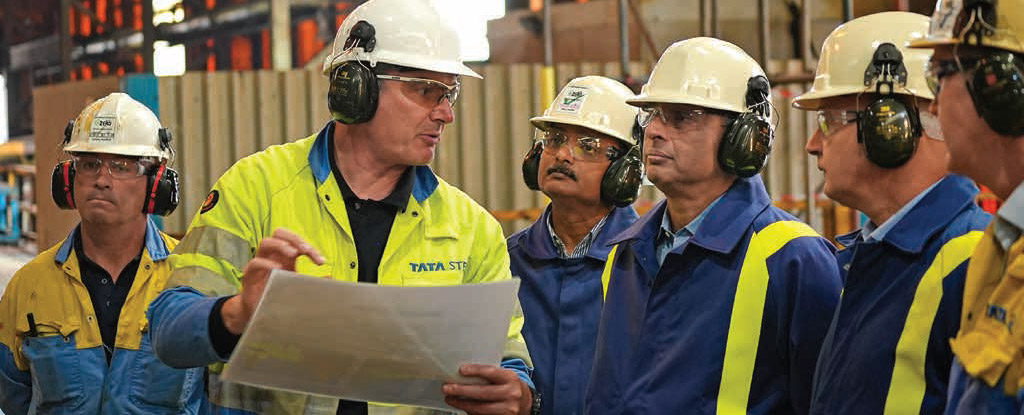

Importance of the relationship
Conducive working environment ensuring social support, amity and peace; avoid hostility, community agitations and protests


Importance of the relationship
Reaching out to the society and various stakeholders to communicate about the brand’s vision and initiatives and drive corporate equity
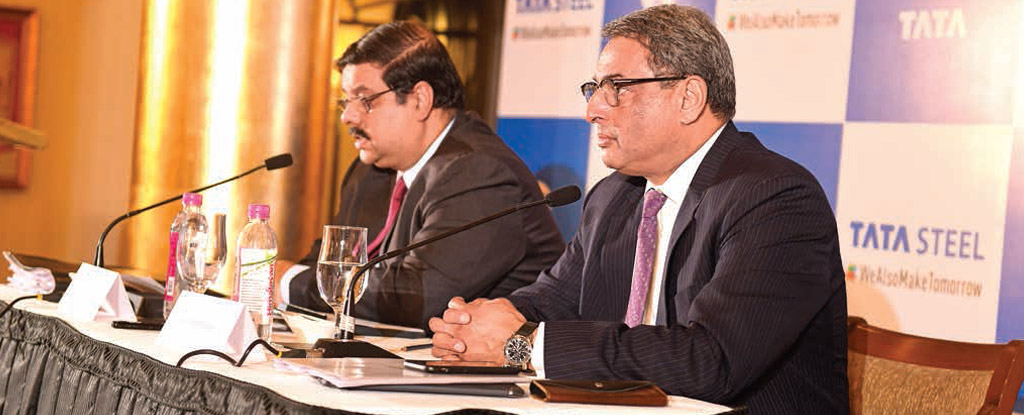

Importance of the relationship
Industry bodies are important to develop networks and enable consensus building to present a unified and mutually agreeable perspective to the government on various policy interventions
